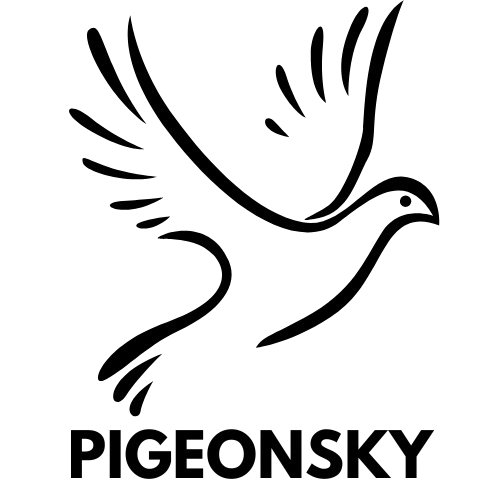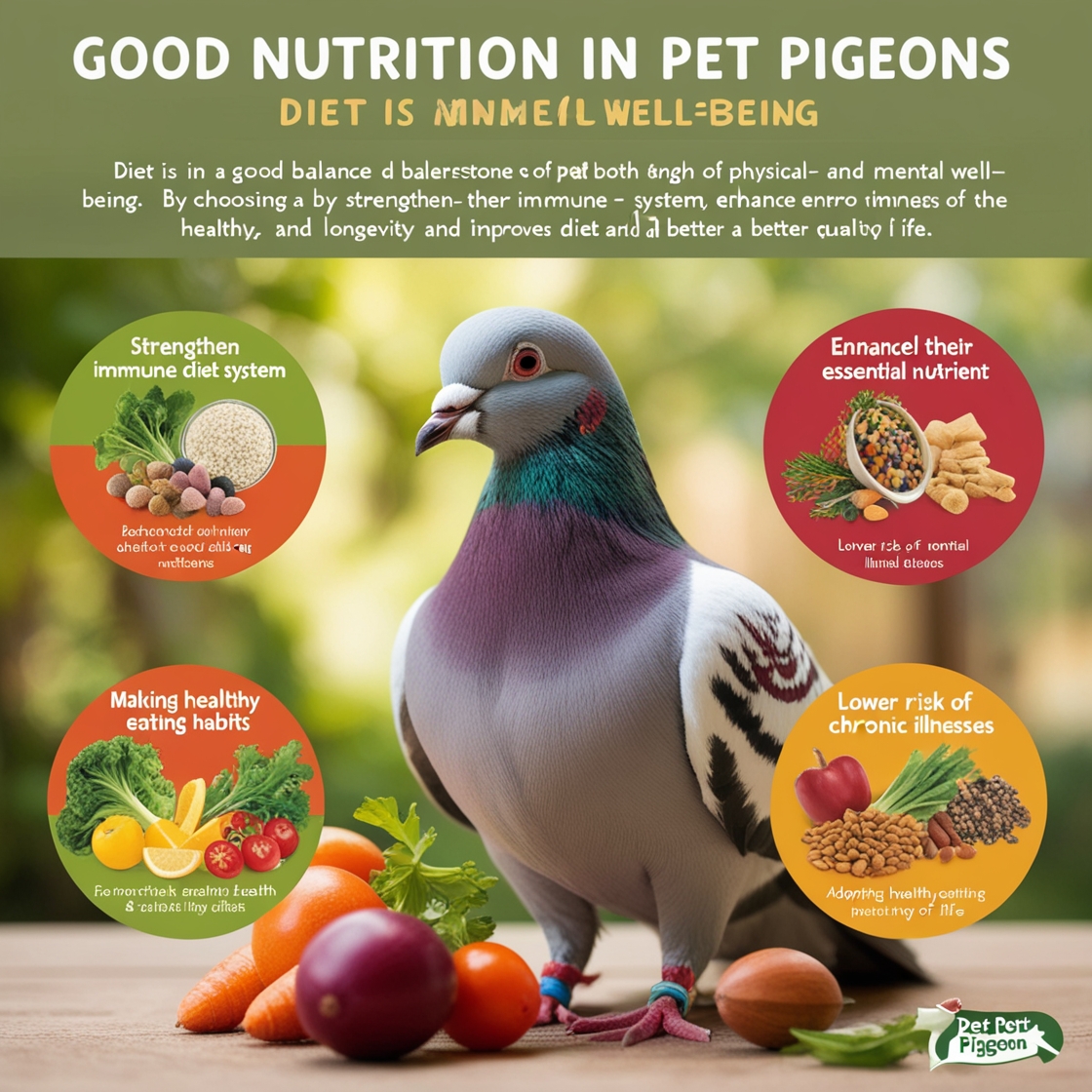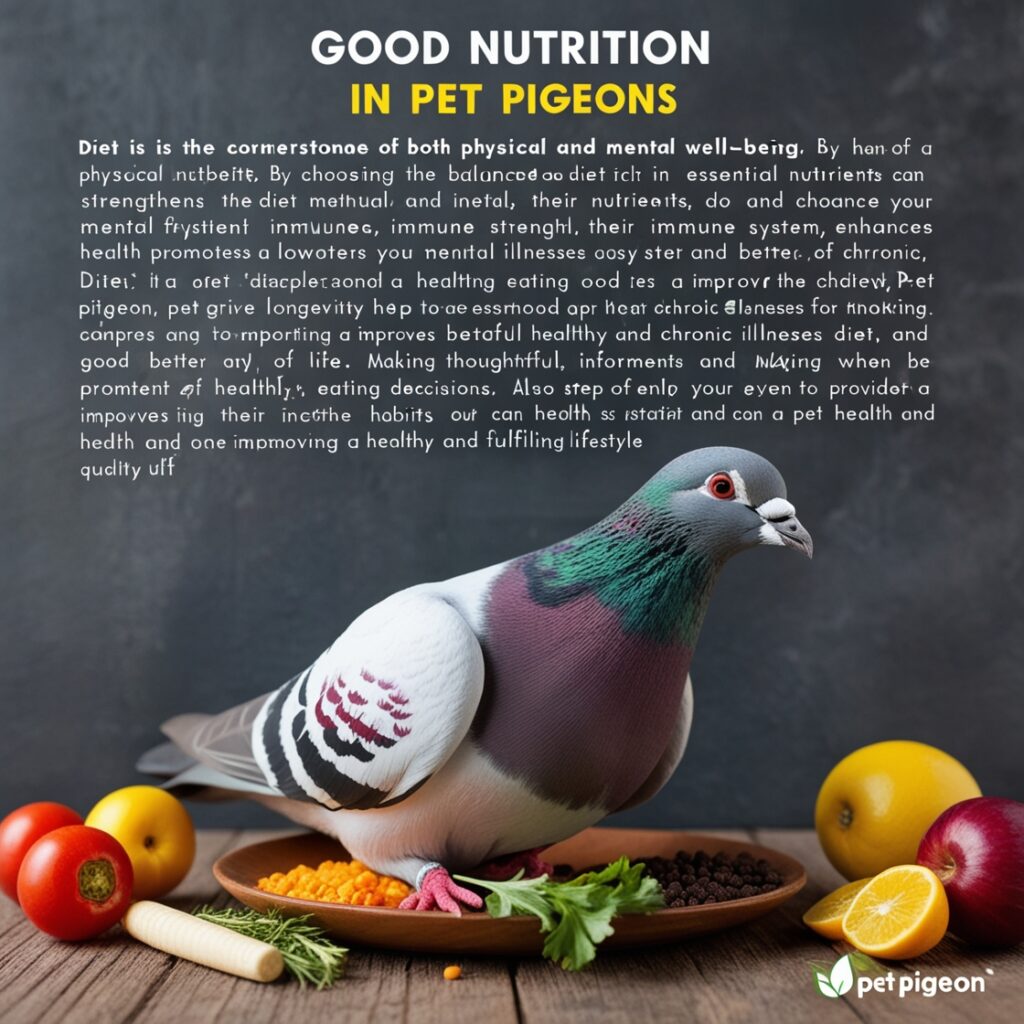Biosecurity for Pet Pigeons
Biosecurity for Pet Pigeons: Safeguarding Your Flock’s Health
Biosecurity refers to the measures taken to prevent the introduction and spread of infectious diseases within animal populations, including pet pigeons. Maintaining strong biosecurity practices is essential to ensure your pigeons’ health and safety and protect them from potential pathogens that could impact the flock and other bird species. pigeon enthusiasts, breeders, and hobbyists, biosecurity is critical to responsible birdkeeping.
This article outlines the key biosecurity practices to keep your pigeons healthy, avoid disease outbreaks, and create a safe environment for your feathered companions Biosecurity for Pet Pigeons. Biosecurity involves the implementation of preventive measures to protect animal populations, including pet pigeons, from infectious diseases. For pigeon owners, enthusiasts, and breeders, biosecurity is crucial in maintaining the health and safety of their pigeons while preventing disease outbreaks that could affect not only of their flock but also other bird species.
1. Quarantine Procedures for New Birds
One of the primary ways diseases enter pigeon lofts is through the introduction of new birds. Quarantining new pigeons before introducing them to the main flock is a fundamental biosecurity practice. New birds should be isolated in a separate enclosure for a minimum of 30 days to monitor for any signs of illness. During this time, watch for symptoms like respiratory distress, diarrhea, lethargy, or abnormal behavior. If possible, have a veterinarian check the birds for common pigeon diseases before releasing them into the main loft.
2. Sanitation and Hygiene Practices
Maintaining a clean and hygienic environment for your pigeons is essential to prevent the spread of harmful bacteria, viruses, and parasites. Here are some key sanitation practices:
- Regular Cleaning: Clean the loft daily by removing droppings, uneaten food, and dirty bedding. Droppings can harbor pathogens, so frequent removal is necessary.
- Disinfection: Use bird-safe disinfectants to clean perches, cages, feeding dishes, and water containers. Regular disinfection reduces the risk of infection.
- Footbaths: For pigeon keepers, having a disinfectant footbath at the entrance to the loft can minimize the risk of tracking pathogens into the pigeon housing area.
3. Avoiding Contaminated Food and Water
The quality of the food and water provided to your pigeons plays a vital role in biosecurity. Contaminated food or water can lead to diseases like salmonellosis or other gastrointestinal infections. To avoid contamination:
- Clean Feeding Equipment: Regularly clean food and water containers to prevent bacterial buildup.
- Fresh Water: Provide fresh, clean water daily and ensure that water sources are not contaminated by droppings or debris.
- Quality Feed: Use high-quality, commercially prepared pigeon feed. Avoid moldy or spoiled grains, as they can carry harmful fungi and toxins.
-
Clean Feeding Equipment
Keeping food and water containers clean is crucial for the health of your pigeons. Over time, uneaten food and water can become breeding grounds for bacteria and fungi, which can lead to infections and diseases. Regularly washing and disinfecting feeding equipment ensures that harmful microorganisms don’t accumulate. Cleaning should be done daily or at least several times a week, using mild, bird-safe cleaning solutions.
Fresh Water
Providing fresh, clean water daily is a simple yet vital step to maintain your pigeons’ health. Contaminated water, whether due to droppings, dirt, or debris, can harbor bacteria like E. coli and Salmonella, which may lead to gastrointestinal infections. Make sure water dispensers are placed in locations where they’re less likely to be contaminated by droppings. Clean water containers regularly and replace any stale water with fresh water to ensure proper hydration.
Quality Feed
The quality of feed you provide to your pigeons has a direct impact on their overall well-being. High-quality, commercially prepared pigeon feed is designed to meet their nutritional needs. Avoid giving them moldy or spoiled grains, as these can contain harmful fungi such as Aspergillus, which can cause respiratory problems or other health issues. Storing feed in a dry, clean environment further reduces the risk of contamination.
4. Limiting Exposure to Wild Birds and Animals
Wild birds and animals can introduce diseases into your pigeon loft. They may carry parasites, bacteria, or viruses that could infect your pigeons. To reduce exposure:
- Secure the Loft: Ensure that the loft is covered and properly secured to prevent wild birds or rodents from entering.
- Netting and Barriers: Use bird-safe netting or barriers around outdoor aviaries to minimize contact with wild birds.
- Pest Control: Implement pest control measures to prevent the introduction of disease-carrying rodents or insects into your pigeon environment.
5. Regular Health Checks and Vaccinations
Routine health assessments are crucial for maintaining the well-being of your pigeons and catching potential health issues early. By monitoring your pigeons regularly, you can identify early signs of illness and take appropriate action:
- Health Monitoring: Observe your pigeons daily for signs of illness such as lethargy, changes in appetite, abnormal droppings, or respiratory issues.
- Vaccinations: Consult a veterinarian about vaccination options for your pigeons. Vaccines are available for diseases like paramyxovirus, which can spread rapidly and have serious consequences.
- Veterinary Care: Regular veterinary check-ups can help detect and treat diseases early. A veterinarian can provide valuable advice on maintaining biosecurity and preventing disease outbreaks.

Biosecurity for Pet Pigeons
6. Controlling Visitors and Shared Equipment
Human visitors, other bird keepers, and shared equipment can inadvertently introduce pathogens into your pigeon loft. To reduce this risk:
- Restrict Visitors: Limit the number of visitors to your pigeon loft. Anyone who handles your pigeons should follow proper hygiene practices, including washing hands and using disinfectant footbaths.
- Separate Equipment: Avoid sharing pigeon-handling equipment such as feed bowls, water containers, or cleaning tools with other bird keepers. If equipment must be shared, thoroughly disinfect it before and after use.
7. Handling Sick Birds
If one of your pigeons becomes ill, isolate the bird from the rest of the flock immediately to prevent the spread of disease. Provide supportive care and consult a veterinarian for diagnosis and treatment. Keeping the sick bird in a separate area and practicing good hygiene during handling are essential steps to protect the rest of your pigeons.
Conclusion
Biosecurity for pet pigeons is essential for maintaining the health of your flock and preventing the spread of infectious diseases. By implementing strong biosecurity measures such as quarantine, sanitation, limiting exposure to wild birds, and regular health checks, you can create a safe environment for your pigeons to thrive. A well-maintained, biosecure pigeon loft not only benefits the birds but also contributes to a healthier, safer pigeon-keeping community.


